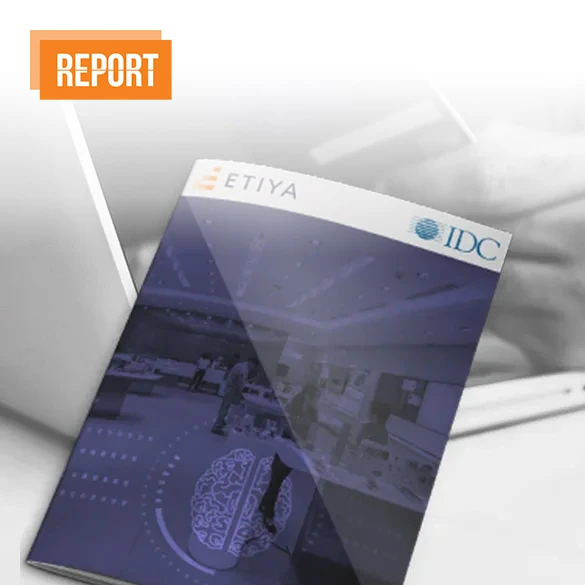Recent Posts

Digital Transformation in Retail Industry: The Latest State in Turkey
IDC predicts that 65% of global GDP digitalized by 2022 and will drive over $6.8 trillion of direct DX investments for 2020–2023 globally.
Companies that have successfully transformed themselves fully into digital enterprises realize twice the revenue and operating profits when compared with those that have not transformed yet.
Digital Transformation in Finance Industry: The Latest State in Turkey
IDC predicts that 65% of global gross domestic product (GDP) will be digitalized by 2022. In addition, global investments in digital transformation (DX) are expected to exceed $6.8 trillion over the 2020–2023 period.


On Demand Webinar: Taking a Cloud Native Approach to Customer experience
77% of CSP’s plan to run at least one system in the cloud this year. The Telecom industry has been talking about the shift to the cloud for over 5 years. Operators need for applications to be cloud-native to get the most out of the transition to the cloud and customer-facing operations are a good starting. In our TM Forum joint webinar, we are looking at some challenges and approaches being taken during CX transitions.
CSPs should look to vertical industries for 5G monetization opportunities
Vertical diversification will be the key to 5G success for CSPs
The arrival of 5G represents a significant inflection point for the telecoms industry. In recent years, the industry has been marred by financial troubles as communications service providers (CSPs) have faced declining market share at the hands of internet content providers (ICPs) such as Amazon, Facebook, and Apple. Now in grave danger of becoming minority players in their own industry, 5G may be the last chance for CSPs to turn around their misfortunes.


Report: Taking a Cloud Native Approach to Customer Experience
IT applications that support customer experience (CX) are transitioning to cloud native technology, culture and ways of working. More than 80% of communications service provider (CSP) respondents surveyed by TM Forum in 2020 said they plan to move at least half of their CX IT estate to the cloud within three years. There have now been enough successful CX transformations all round the world for the industry to develop a wealth of best
practices, well-defined Open APIs, and common success factors that hold true across geographies, service provider groups and lines of business.
How to build tailored customer engagement structures for perfect digital adaptation
How to build tailored customer engagement structures for perfect digital adaptation of operators?
A better experience is crucial for customer purchasing decisions and affects brand preferences.
80% of consumers are more likely to purchase when brands offer personalized experiences.
Companies need to provide perfect engagement at each transaction to enrich their customer experience.

